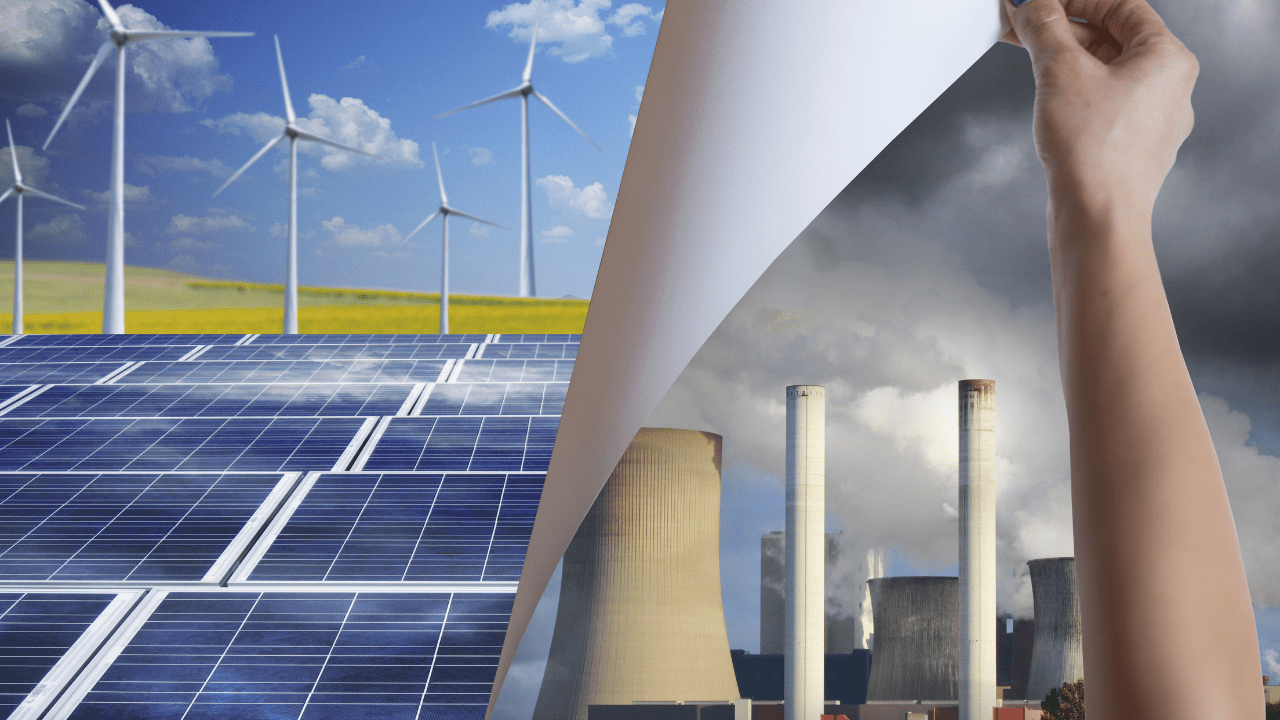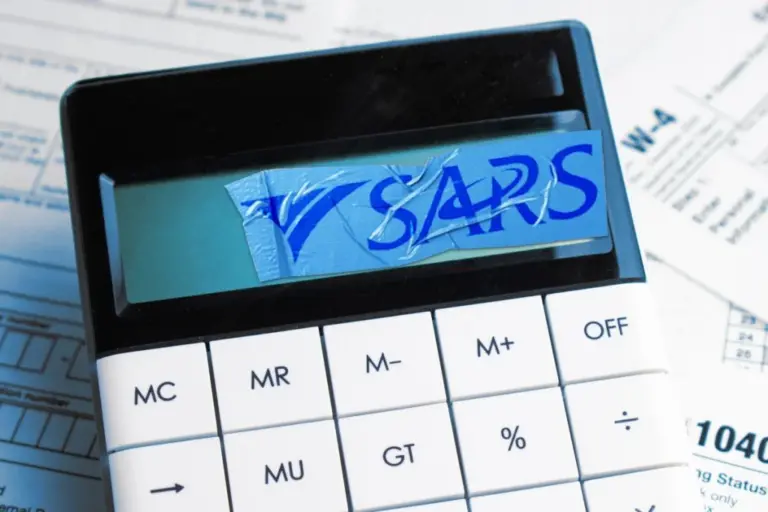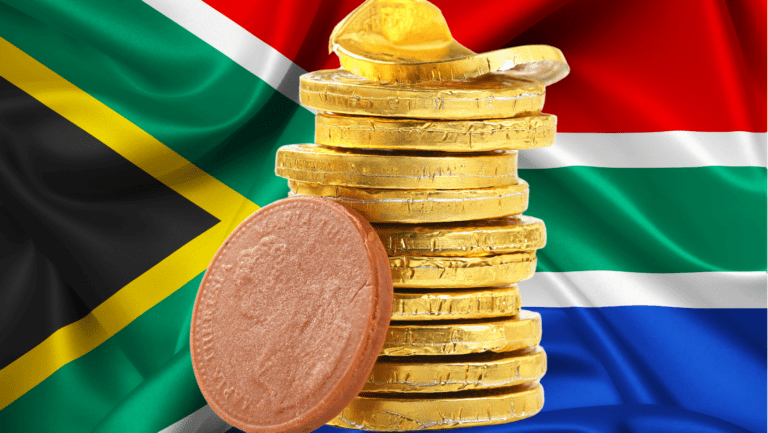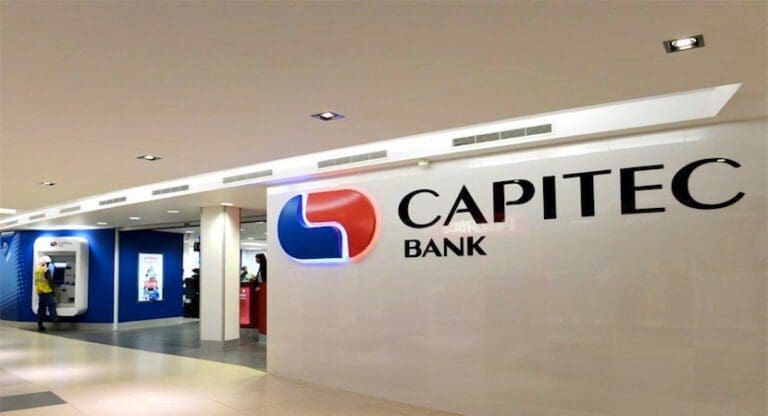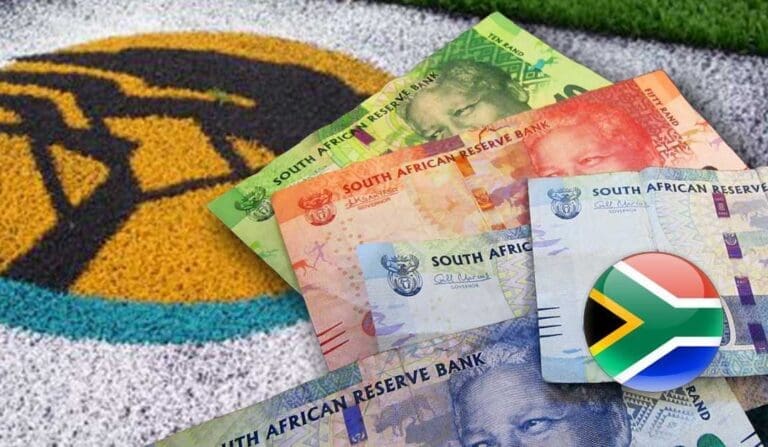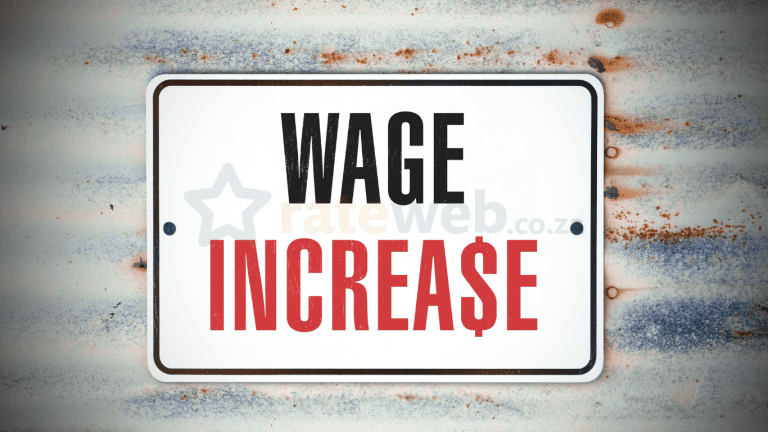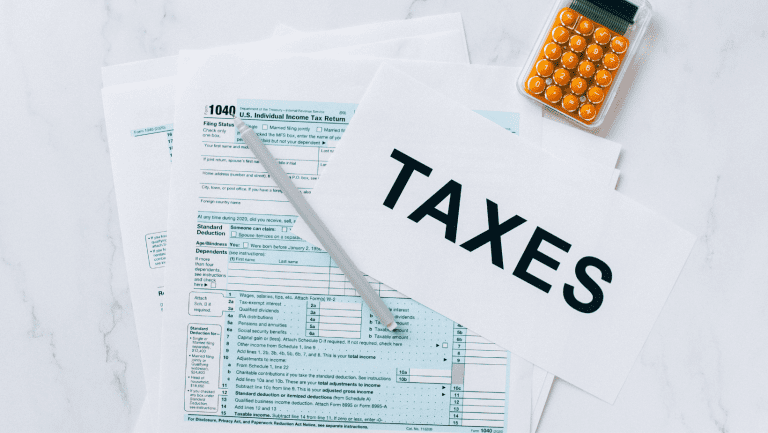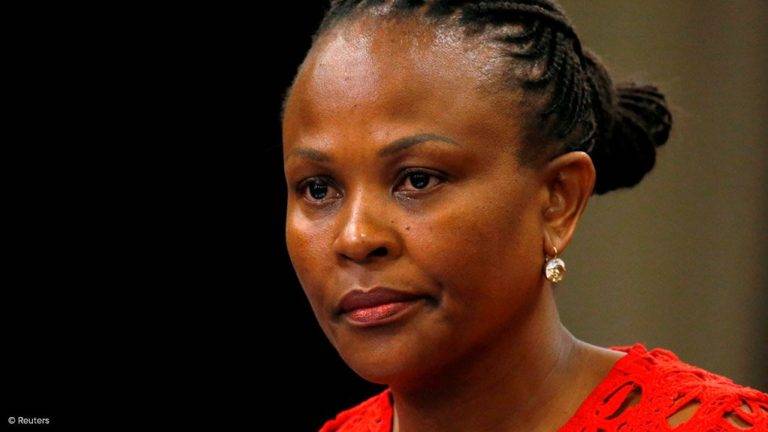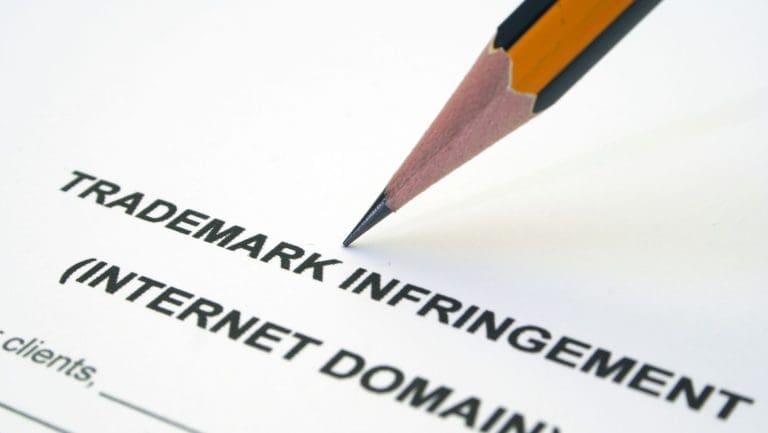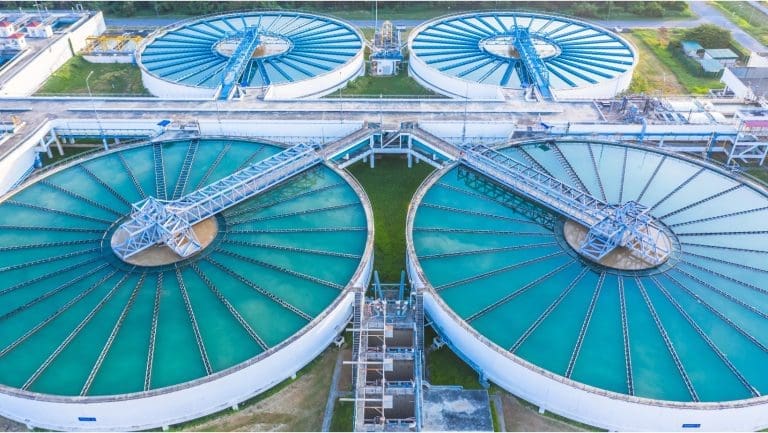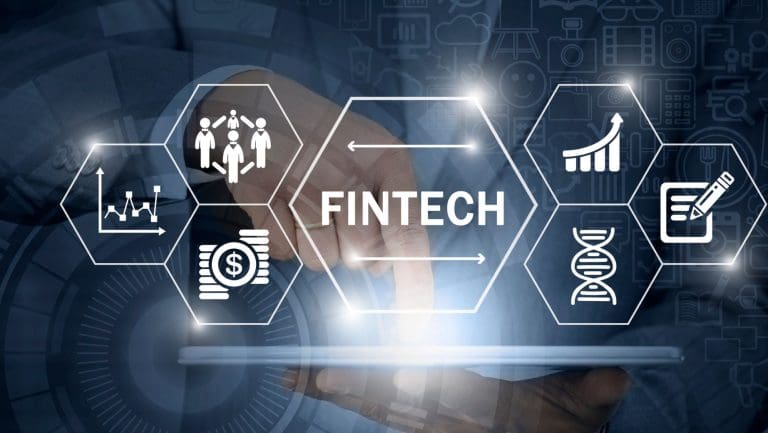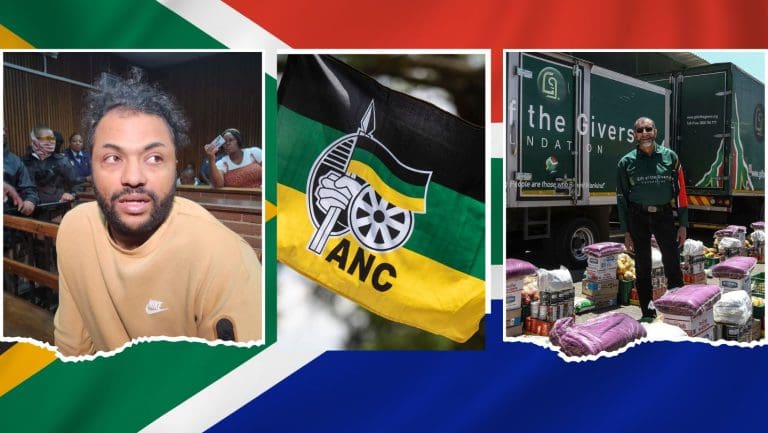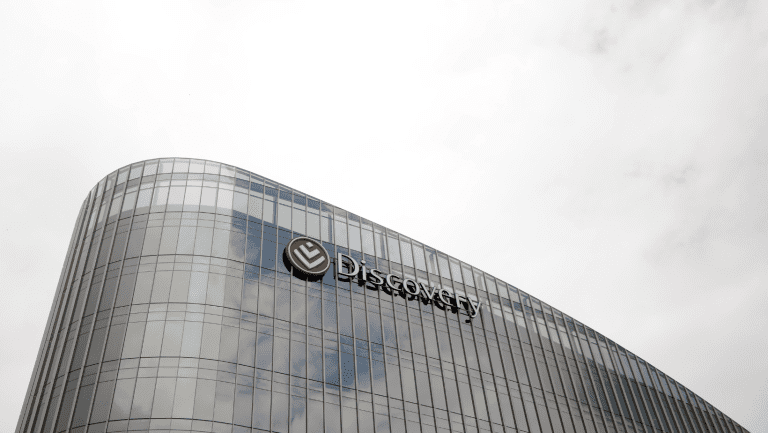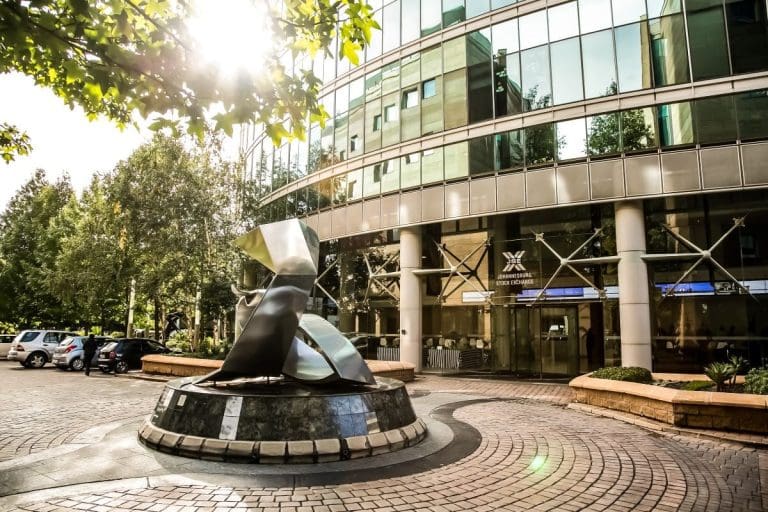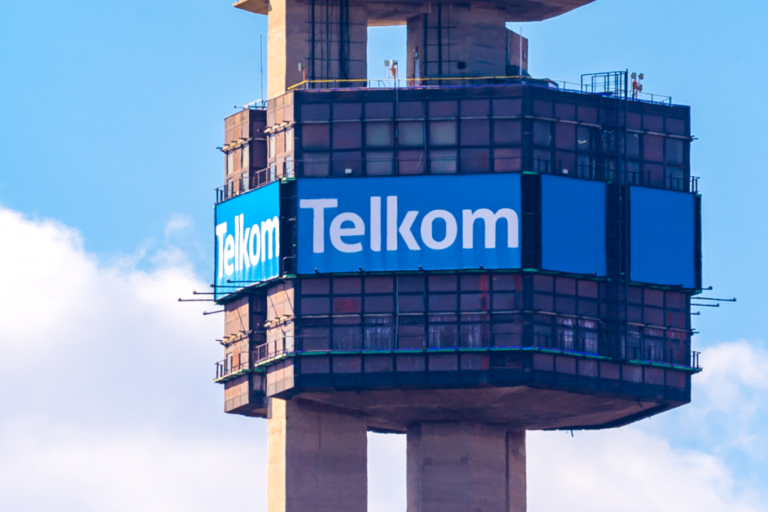Global commodity trading and mining company Glencore has warned that South Africa’s just transition to a lower carbon economy will be especially difficult due to the nation’s numerous unique challenges. In its annual climate change report, Glencore highlights the complexities posed by the country’s ongoing energy crisis, high unemployment, and social discontent.
- Glencore highlights the unique challenges facing South Africa’s just transition to a lower carbon economy, including an ongoing energy crisis, high unemployment, and social discontent.
- South Africa has secured $8.5 billion in investments for clean energy and alternative opportunities for fossil fuel industry workers, but this falls short of the nation’s just energy transition investment plan.
- Glencore’s ferroalloys business in South Africa is committing to wind and solar power, signing exclusivity agreements and exploring on-site renewable energy generation opportunities.
South Africa’s public utilities sector is already grappling with an energy crisis marked by high power prices and significant load shedding. In addition to these issues, the nation faces high unemployment and social discontent, which contribute to a challenging environment for the just transition. Glencore, which operates coal, ferroalloy, and petroleum ventures in South Africa, will be directly impacted by the gradual shift toward clean energy in the region.
The company also emphasizes that South Africa, an emissions-intensive country, has not yet secured sufficient funding to achieve its goal of reducing emissions by 30% by 2030. To date, the nation has received $8.5 billion (R154 billion) in investments from the United States, the United Kingdom, France, Germany, and the European Union. This funding is intended to support clean energy development and provide alternative opportunities for workers in the fossil fuel industry.
However, the current investment falls short of the nation’s just energy transition investment plan, which aims to raise approximately R1 trillion for investments in electricity infrastructure, R128 billion to jumpstart an electric vehicle industry, and R319 billion for green hydrogen production. To reach its targets, South Africa needs to add 50 GW of new renewable electricity capacity to the grid by 2030, along with gas and battery storage capacity, as seven of Eskom’s 15 coal-fired power plants will reach their end of life this decade.
Glencore stresses that a successful transition hinges on government commitment, policy, and funding. The company has developed an initial set of principles to guide its approach to the just transition, emphasizing the importance of a multi-stakeholder approach. This entails engaging in dialogue with governments, communities, the company’s workforce, trade unions, and civil society groups to explore various options for mitigating the impact on livelihoods as mines close.
In the meantime, Glencore’s ferroalloys business in South Africa, a significant energy consumer, has signed exclusivity agreements to purchase up to 1,200 GW of wind and solar power annually. The company is also advancing studies for on-site renewable energy generation opportunities at its Rhovan vanadium mine, Eastern Chrome Mines, and Wonderkop Smelter, which could collectively generate approximately 633 GW per year. The power purchase agreements and self-generation targets account for nearly 1% of South Africa’s annual electricity consumption, demonstrating Glencore’s commitment to supporting the country’s just transition.


